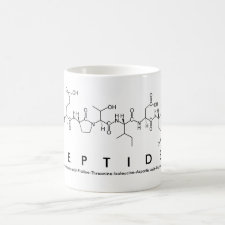
Authors: Yan H, Tian M, Row KH
Article Title: Selective Solid-Phase Extraction of Glabridin from Licorice Root using Molecularly Imprinted Polymer.
Publication date: 2009
Journal: Separation Science and Technology
Volume: 44
Issue: (2)
Page numbers: 359-369.
DOI: 10.1080/01496390802437479
Alternative URL: http://www.informaworld.com/10.1080/01496390802437479
Abstract: A selective molecularly imprinted solid-phase extraction procedure was developed for the selective separation of glabridin from licorice roots samples. The molecularly imprinted polymers (MIPs) synthesized in ethanol-dodecanol solution show high affinity to glabridin in aqueous environment and the affinity can be controlled by adjusting the intensity of the eluents. By using water-methanol (60:40, v/v) and acetonitrile-trifluoroacetic acid (99.5:0.5, v/v) as washing and eluting solvents, most interferences originating from licorice matrix were eliminated. The extracts were sufficiently clean to be directly injected into HPLC for further chromatographic analysis. Good linearity was obtained from 0.4 to 500 mg/L (r = 0.999) with the relative standard deviations less than 3.6%. The mean recoveries of glabridin from licorice were more than 81.8% at three different concentrations and the limit of detection was 0.07 mg/L. This method is a viable alternative tool to the existing HPLC methods for analyzing the content of glabridin in licorice samples.
Template and target information: glabridin
Author keywords: Glabridin, licorice root, molecularly imprinted polymer, Selective solid-phase extraction



Join the Society for Molecular Imprinting

New items RSS feed
Sign-up for e-mail updates:
Choose between receiving an occasional newsletter or more frequent e-mail alerts.
Click here to go to the sign-up page.
Is your name elemental or peptidic? Enter your name and find out by clicking either of the buttons below!
Other products you may like:
 MIPdatabase
MIPdatabase









